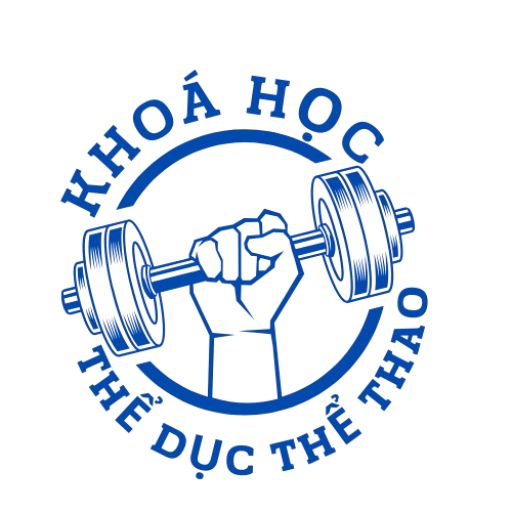The travel industry in 2025 stands at a juncture of innovation and responsibility. As global tourism rebounds to pre-pandemic levels, travelers and industry entities alike are maneuvering a landscape transformed by sustainability imperatives, digital innovations, and evolving traveler demands.
## Sustainable and Planet-Conscious Travel
The necessity for sustainability has become a cornerstone of modern travel. By 2025, the tourism sector is projected to generate 6.5 billion metric tons of greenhouse gases, necessitating urgent action. Destinations like Costa Rica and Bhutan are leading this charge, with the latter maintaining its status as the world’s only emissions-reversing country through rigorous tourism limits.
Revitalizing tourism models, such as New Zealand’s Māori-led eco-tours, are gaining traction. These projects reflect a broader shift: 73% of travelers now prioritize brands with comprehensive green strategies.
## Customization and Made-to-Order Journeys
High-end exploration in 2025 is synonymous with ultra-tailoring. Sophisticated tourists seek transformative journeys tailored to their unique interests. Companies like LuxGroup emphasize “responsible opulence,” blending indulgence with traditional engagement.
AI technology is transforming trip planning, enabling adaptive schedules that respond to immediate interests. This trend matches findings that 64% of luxury travelers prefer customized deals over standardized options.
## Preventing Overtourism Through Innovation
Overtourism remains a pressing issue, prompting travelers to seek “substitute spots” and off-peak travel. Cities like Ljubljana are mitigating congestion through car-free zones and bike pathways.
Governments are taking action; Amsterdam and Majorca have implemented guest ceilings and conduct regulations to preserve local ecosystems.
## Technology’s Role in Seamless Exploration
AI’s influence spreads beyond personalization into process optimization. Virtual assistants handle 24/7 customer inquiries, while data projections optimize flight schedules and hotel pricing. Virtual reality previews allow travelers to “sample” destinations before booking.
Applications like Seven Corners simplify trip management, offering real-time updates on weather, crowds, and transportation delays. Blockchain technology enhances openness in carbon offset programs.
## Prolonged Trips and Traditional Engagement
The era of whirlwind tours is declining. Affluent visitors are averaging two-week stays to intensify cultural connections. Families are increasingly embracing “work trips,” blending remote work with extended stays.
## Occasion-Focused Travel and Novel Experiences
“Concert traveling” has skyrocketed, with fans journeying internationally for major events. Astrotourism—exemplified by constellation viewing in Chile’s Atacama Desert—reflects increasing demand in astronomical events.
## Health and Unplugged Retreats
Health-focused travel is evolving beyond wellness centers to encompass integrated therapies. Digital detoxes combine meditation with natural foods, aligning with a 95% surge in demand for self-care-centered itineraries.
## Financial Approaches and Value-Conscious Travel
Travelers are leveraging membership benefits and bundled offers to maximize value. Banking incentives are being strategically redeemed for upgrades, reflecting a shift toward “smart luxury”.
## Final Analysis
The travel landscape of 2025 is defined by its twofold character: a hunger for exploration moderated by ethical accountability. As destinations harmonize innovation with conservation, stakeholders can ensure tourism remains a bridge—not a impediment—to a more integrated and conscientious world.

